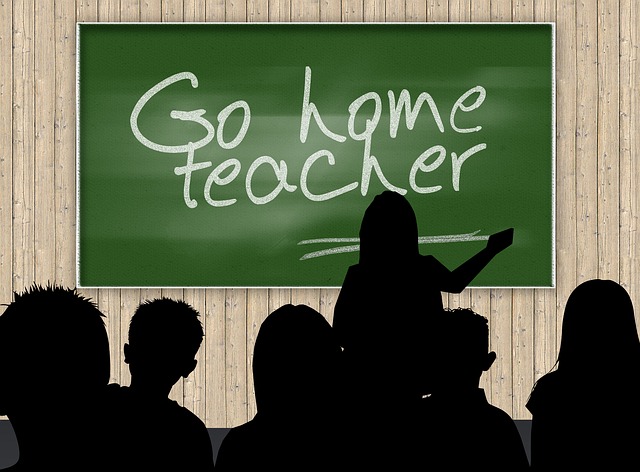New year, same challenges in the education sector, Part 5
The major challenge with which teachers continue to grapple in the education system is that of helping their students to raise their levels of performance. This is a daunting challenge which has to do with the nature of the students in many classrooms.
In many classrooms, teachers will discover that there are students of mixed abilities and temperaments. For example, in one classroom teachers may discover that they have students who are quite enthusiastic about learning. These students actively participate in class activities and they complete every homework assignment.
However, the teachers may also discover that they have students in their classrooms who seem to have decided that schooling is not for them. They come to school, they find their own space in the classroom and they conduct their own 'lessons' surrounding the things in which they have an interest - pop culture, relationships, games, their plans for that day or the weekend among their other interests - all this while the teachers are trying to impart the prescribed curriculum.
The teachers may also discover that there are students in their classes who are functioning below their grade levels and, therefore, have not been able to keep up with the rest of the class.
What do teachers do in situations like these? They may be tempted to focus their attention and their lessons on those students who have demonstrated an interest in learning. After all, they may tell themselves, they can't 'make bread out of stones'.
Doing this, though, will not aid their cause - that of helping their students to improve their levels of performance - a cause which they have to adopt by default as it is one that is being championed by the Ministry of Education.
So, how do teachers manage to get the desired result of improved performance from their students? First, they will have to find a methodology or some methodologies to reconcile students' attitude to learning and students' abilities in the classroom.
How do they do this?
This is, indeed, a challenge but it is one that all teachers will have to try to overcome in an attempt to help their students to raise their levels of performance.
Teachers will have realised that in spite of their best efforts, all students in their classes will not achieve the heights of educational performance. But, their intention should be to help all of their students to achieve some form of educational growth by being in their classes.
Read part 6 here.
In many classrooms, teachers will discover that there are students of mixed abilities and temperaments. For example, in one classroom teachers may discover that they have students who are quite enthusiastic about learning. These students actively participate in class activities and they complete every homework assignment.
However, the teachers may also discover that they have students in their classrooms who seem to have decided that schooling is not for them. They come to school, they find their own space in the classroom and they conduct their own 'lessons' surrounding the things in which they have an interest - pop culture, relationships, games, their plans for that day or the weekend among their other interests - all this while the teachers are trying to impart the prescribed curriculum.
The teachers may also discover that there are students in their classes who are functioning below their grade levels and, therefore, have not been able to keep up with the rest of the class.
What do teachers do in situations like these? They may be tempted to focus their attention and their lessons on those students who have demonstrated an interest in learning. After all, they may tell themselves, they can't 'make bread out of stones'.
Doing this, though, will not aid their cause - that of helping their students to improve their levels of performance - a cause which they have to adopt by default as it is one that is being championed by the Ministry of Education.
So, how do teachers manage to get the desired result of improved performance from their students? First, they will have to find a methodology or some methodologies to reconcile students' attitude to learning and students' abilities in the classroom.
How do they do this?
- Those teachers who are products of teachers' colleges or those who have done training in education will need to rummage among all the disparate knowledge that they gleaned from their training for clues on how to effect this reconciliation.
- In addition, these teachers will have to draw on their own resourcefulness by using the information about their students that they collect from their observations of them in and outside of the classroom setting to frame strategies to elicit from all their students the enthusiasm, the effort and the perseverance toward learning.
This is, indeed, a challenge but it is one that all teachers will have to try to overcome in an attempt to help their students to raise their levels of performance.
Teachers will have realised that in spite of their best efforts, all students in their classes will not achieve the heights of educational performance. But, their intention should be to help all of their students to achieve some form of educational growth by being in their classes.
Read part 6 here.




Comments
Post a Comment